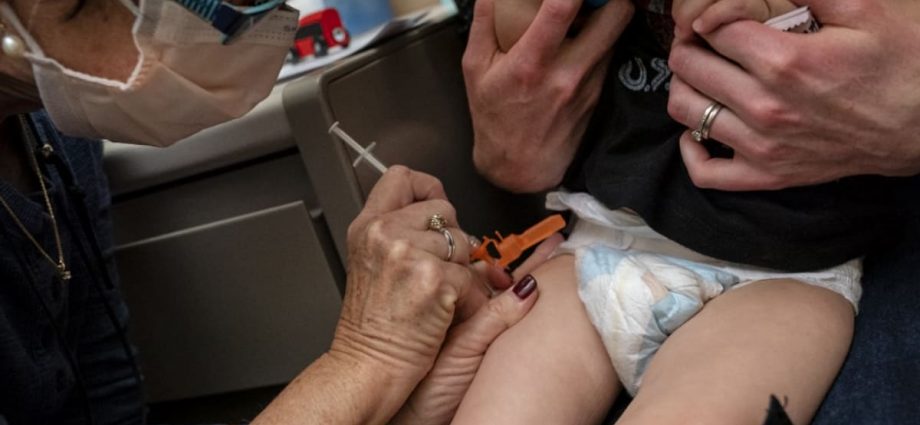
We are also beginning to see the impact of COVID-19 beyond the effects of acute infection, such as changes in physical activity, increase in screen time and mental health.
Post-acute sequelae of COVID-19, or “long COVID”, is a syndrome of persistent symptoms such as fatigue, headache and impaired sense of smell that occurs after acute COVID-19 infection. This phenomenon has been observed in children overseas and a study by KK Women’s and Children’s Hospital is currently ongoing to investigate whether children in Singapore are similarly affected.
MAJORITY OF CHILDREN ARE VACCINATED
Fortunately, the impact of COVID-19 on children has been mitigated with vaccination, which has been proven to protect against severe infection. Vaccination has also been shown to protect against the risk of MIS-C in those aged five to 17 years.
In Singapore, vaccination for children began in June 2021 for those aged 12 to 17 years, followed by those aged five to 11 years in December 2021.
To date, almost 80 per cent of children aged five to 11 years have received at least one dose, as have 97 per cent of those aged 12 to 19.
Official data shows that the COVID-19 vaccine for adolescents and children has been well tolerated and is safe. Severe adverse reactions rates are extremely low and while there have been concerns of myocarditis/pericarditis (heart inflammation), particularly in older male group aged 12 to 18 years, cases are extremely rare.
As of January, the overall incidence for the primary vaccination dose series was at 1.08 per 100,000 doses. In the 12 to 19 age group, the overall incidence for males is 4.83 per 100,000 doses as of July last year, according to a study published in medical journal Annals Academy of Medicine, Singapore.
According to a parliamentary response in January, there has not been any report of myocarditis due to COVID-19 vaccination in children aged 5 to 11.

